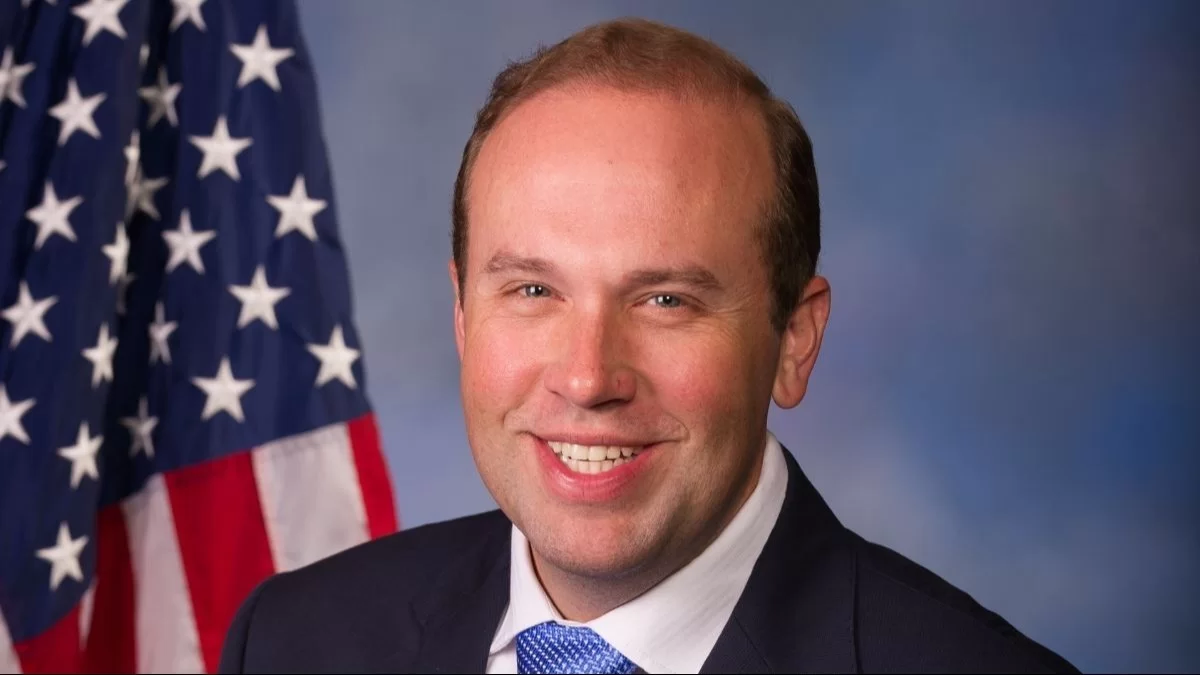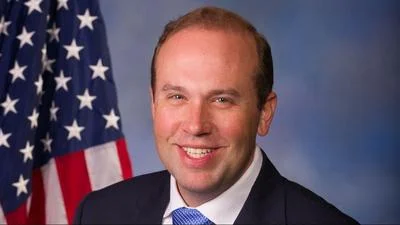Rep. Jason T. Smith, U.S. Representative for Missouri's 8th District | Congressman Jason Smith Official U.S. House headshot
Rep. Jason T. Smith, U.S. Representative for Missouri's 8th District | Congressman Jason Smith Official U.S. House headshot
House Ways and Means Committee Chairman Jason Smith (Mo.) and Senate Finance Committee Chairman Ron Wyden (Ore.) have announced a bipartisan tax framework aimed at providing tax relief to working families, boosting economic growth, and strengthening communities and Main Street businesses. The framework, called The Tax Relief for American Families and Workers Act of 2024, includes several key provisions that will benefit American families and businesses.
According to Chairman Jason Smith, this bipartisan agreement will provide greater tax relief to American families, strengthen Main Street businesses, boost competitiveness with China, and create jobs. The legislation also aims to cut red tape for small businesses and provide disaster relief. Chairman Smith emphasized that the legislation locks in over $600 billion in proven pro-growth, pro-America tax policies and supports over 21 million jobs.
Chairman Ron Wyden highlighted the positive impact the plan will have on low-income families. He stated that 15 million kids from low-income families will be better off as a result of this plan. The improvements made to the Low-Income Housing Tax Credit will also help build more than 200,000 new affordable housing units. Additionally, the plan incentivizes research and development (R&D) to promote innovation and economic competitiveness with China and the rest of the world.
The Tax Relief for American Families and Workers Act of 2024 includes provisions that support working families, enhance innovation and competitiveness, build up Main Street businesses, and eliminate fraud and waste. Some of the key provisions mentioned in the framework are:
- Enhanced Child Tax Credit: The plan expands access to the child tax credit and eliminates the penalty for larger families. It also provides flexibility for taxpayers to use either current- or prior-year income to calculate the child tax credit.
- R&D Expensing: The plan allows businesses to immediately deduct the cost of their U.S.-based R&D investments, encouraging American innovation and improving competitiveness.
- Main Street Support: The plan cuts red tape for small businesses, increases the small business expensing cap, and provides disaster tax relief for families affected by recent disasters.
- Low-Income Housing Tax Credit: The plan enhances this credit to increase the supply of low-income housing by providing increased state allocations and reducing the tax-exempt bond financing requirement.
- Elimination of Fraud and Waste: The plan ends the Employee Retention Tax Credit program, which has faced major cost overruns and fraud, saving over $70 billion in taxpayer dollars.
Chairman Smith and Chairman Wyden are determined to pass this legislation in time for families and businesses to benefit from it in the upcoming tax filing season. They both expressed their commitment to working together to ensure the success of the plan.
In conclusion, the bipartisan tax framework proposed by Chairman Smith and Chairman Wyden aims to provide much-needed tax relief to working-class families and Main Street businesses. The plan includes provisions that support working families, enhance competitiveness, and rebuild communities struck by disasters. It also eliminates fraud and waste in the tax system. The proposed legislation has the potential to bring significant benefits to American families and businesses.



 Alerts Sign-up
Alerts Sign-up